Diving
Scuba Diving Indonesia
Book in advance! Price starting from USD 2,890 / pers Check Availability.webp)
A Guide to Scuba Diving in Indonesia's Underwater Paradise
Scuba Diving
Indonesia offers scuba divers a unique and diverse underwater paradise, attracting enthusiasts from around the globe. Its location in the heart of the Coral Triangle, the global center of marine biodiversity, makes it a paradise for underwater enthusiasts.
This guide brings perspective into the best diving spots in Indonesia, where to go and what you can see.Indonesia is a scuba diving haven due to its location within the Coral Triangle, offering unparalleled biodiversity and stunning underwater landscapes.
With over 17,000 islands, the archipelago provides numerous diving opportunities for all skill levels, from beginner to advanced divers.
Water Temperature and Visibility
The water temperature in Indonesia ranges from 20°C (68°F) to 30°C (86°F) throughout the year, making diving comfortable for most divers. Visibility can vary from 10 meters (33 feet) to 50 meters (165 feet) depending on the location and season. The season is key because while it may be a good time for diving in Komodo, at the same time it is not the right time to dive in Raja Ampat.
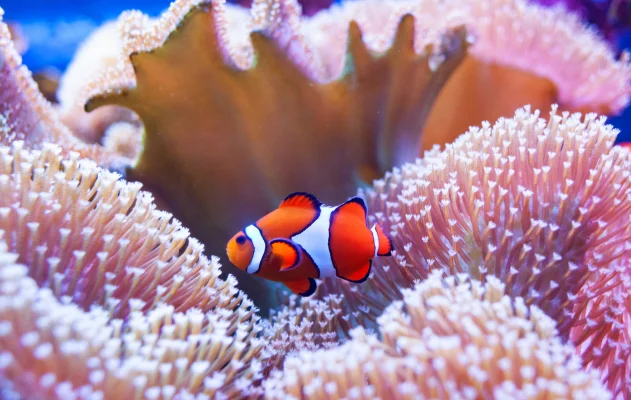
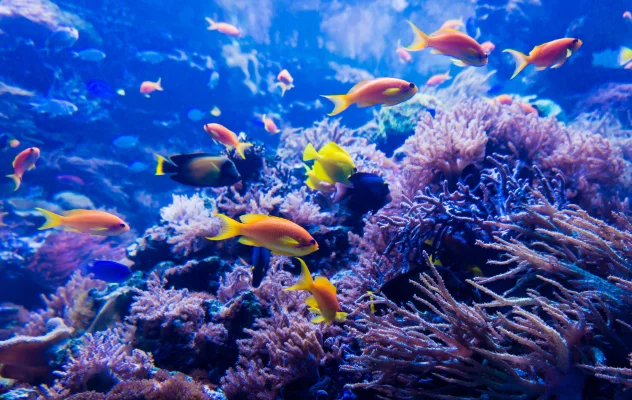
Marine Life
Indonesia is home to over 3,000 species of fish and 600 species of coral, making it an unparalleled destination for marine life encounters. Divers can spot a vast array of creatures, from tiny nudibranchs and pygmy seahorses to large manta rays, reef sharks, and even whale sharks and the elusive Mola Mola.
Macro photographers will be in heaven, as Indonesia’s vibrant coral reefs harbor numerous critters and colorful invertebrates.
Marine Life in Indonesia
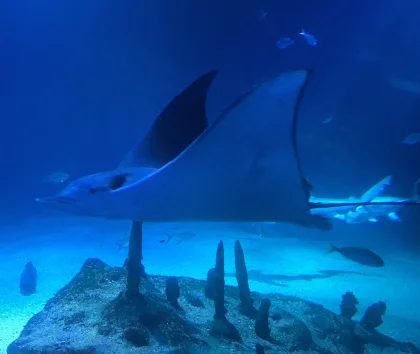
Manta rays
Indonesia hosts several manta ray hotspots, such as Manta Point in Bali, Manta Point in Komodo and Manta Sandy in Raja Ampat. These graceful creatures visit cleaning stations to have small fish remove parasites from their bodies. View Details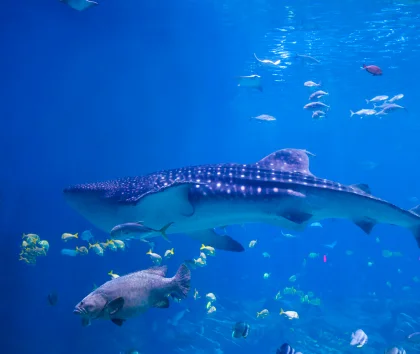
Whale sharks
Whale sharks, the world’s largest fish, are commonly sighted in Indonesia, particularly in Cenderawasih Bay. Divers can swim alongside these gentle giants while maintaining a respectful distance. View Details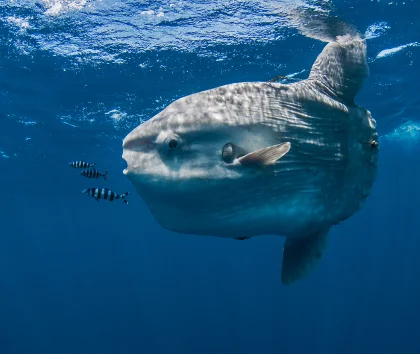
Mola Mola
Also known as the Oceanic Sunfish, this all bone fish lives at very deep depths and comes within the recreational diving limits in certain locations and at certain times in Indonesia. It can be seen in Alor, Banda and especially in Bali. View DetailsDiving Conditions in Indonesia
Scuba diving Indonesia is weather dependent so to maximize visibility and currents, you should always choose the right season for the different locations. But currents and temperatures are key, and low currents or high temperatures are not ideal for some of the biggest fish divers want to see.
Frequently Ask Question
Everything you need to know about the product and billing. Can’t find the answer you’re looking for? Please chat to our friendly team.
See More FAQs